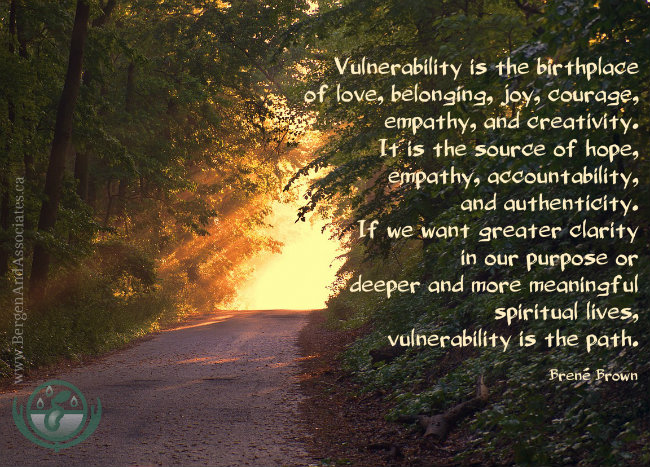Therapist Heather Pringle writes…
Are men allowed to feel sad feelings and let others know they are sad? What if we lived in a world that allowed men to express that sadness to each other in ways that helped them each feel less alone?
In one scene of the movie Inside Out, we get to see a small piece of what happens in Riley’s mom and dad’s minds as they interact with Riley. I had some uncertainty about this part of the
movie and was especially disturbed by the way the dad’s inner mind and emotions are portrayed:
Yeah, I get that it’s just one scene that’s meant to be funny, I know.
But I think it is representative of a larger lie in how it represents the inner world of men.
Strong words, I know, but maybe it would help to break it down. In the movie, it goes something like this: the man is spaced out and unaware of any troubles while he enjoys an inner imaginary show of a hockey game, the man needs to be nudged twice by his wife to have some involvement. When he does try, Riley talks with what he perceives as “sass” and he feels disrespected. He “puts his foot down” and orders Riley to go to her room, the man’s emotions cheer, thinking that he has managed the situation well.
When I saw this scene, I thought: “that is so far from what I think that character would actually be feeling”.
The scene is a family interaction that ends in disconnection.
It portrays the dad as being satisfied and happy (i.e. all of his inner emotions cheering), when in reality, I think he would experience vulnerability, and perhaps sadness at his daughter’s struggle, even if perhaps mixed in with a sense of success.
Here’s something that I’ve been so privileged to experience with many of the men I know:
Men care deeply about their loved ones and how their actions influenc those people and relationships.
When they don’t know how to respond to a partner, friend, or child who is in distress, they are troubled…deeply. There can sometimes be a fear of weakness and a sense of shame that comes with that feeling of weakness.
When men set out to be helpful and when they fear this isn’t happening, their inner emotions don’t cheer (as they did in Inside Out), their inner emotions collapse and implode and explode all at the same time.
It seems inaccurate and sad to portray a dad’s mind in this way: lacking vulnerability. Then again, in the movie, Dad is also shown in other scenes to be empathetic and vulnerable – attempting to reconnect with his daughter; I’m not saying the movie totally fails in regards to portrayals of men.
Everyone–yes everyone–we all do–has their “I just messed up” moments and it often takes time to realize the mistake and make amends.
I just wish the movie didn’t promote the lie of a lack of vulnerability in that scene.
The stereotype of men that dinner scene shows betrays the inner workings of the character and promotes a stereotype of men that is harmful. What would it have been like to have that scene show a little bit of fear and vulnerability mixed in with the “DEFCON 4” mental process? Maybe showing a twinge of vulnerability would explain how dad is able to empathize and reach out to his daughter after this conflict.
This topic makes me wonder, as part of the bigger lie that men don’t experience vulnerability, if in general many of us sell ourselves short in the way we interact with men as emotional people.
Do we perpetuate the lie (or perhaps it’s more of an inner wish?) that the men in our lives would be strong all of the time?
Brené Brown talks about the one unrelenting shaming message that men receive culturally:
Do not be perceived as weak.
Weakness is also often equated with vulnerability–which is so necessary for meaningful connection in relationships. When I see a scene with the character like the dad in Inside Out, I think: there is that message being sent out to children, the notion that internally men don’t even have a part/emotion that feels fear or weakness.
So. Not.Real.
And when we deny reality of how men experience the world, how can we truly connect with them?
Jump to about the 16:20 minute mark to zero on the part where she learns about men and shame and shares that wisdom:
How can men truly connect to their own experience if we, as a culture, tell them that it is wrong for them to connect with the softer, more vulnerable parts of themselves?
What would it take for us to see men as experiencing vulnerability and to be able to be with them in that?
It can start by realizing the benefits of vulnerability for all people–including men, giving them permission to feel fear, sadness, soft affection and so on.

Brené Brown states it takes incredible work for women to be able to sit with men in their fear and pain. Hey women, may I be so bold as to challenge us, that we do that work, and support men who are taking that risk to be real with their vulnerability.
Men…couples…give us a call (204 275 1045) or send us a note if you are looking to create space in your life to feel your inner world in the presence of other people.






Write a Comment